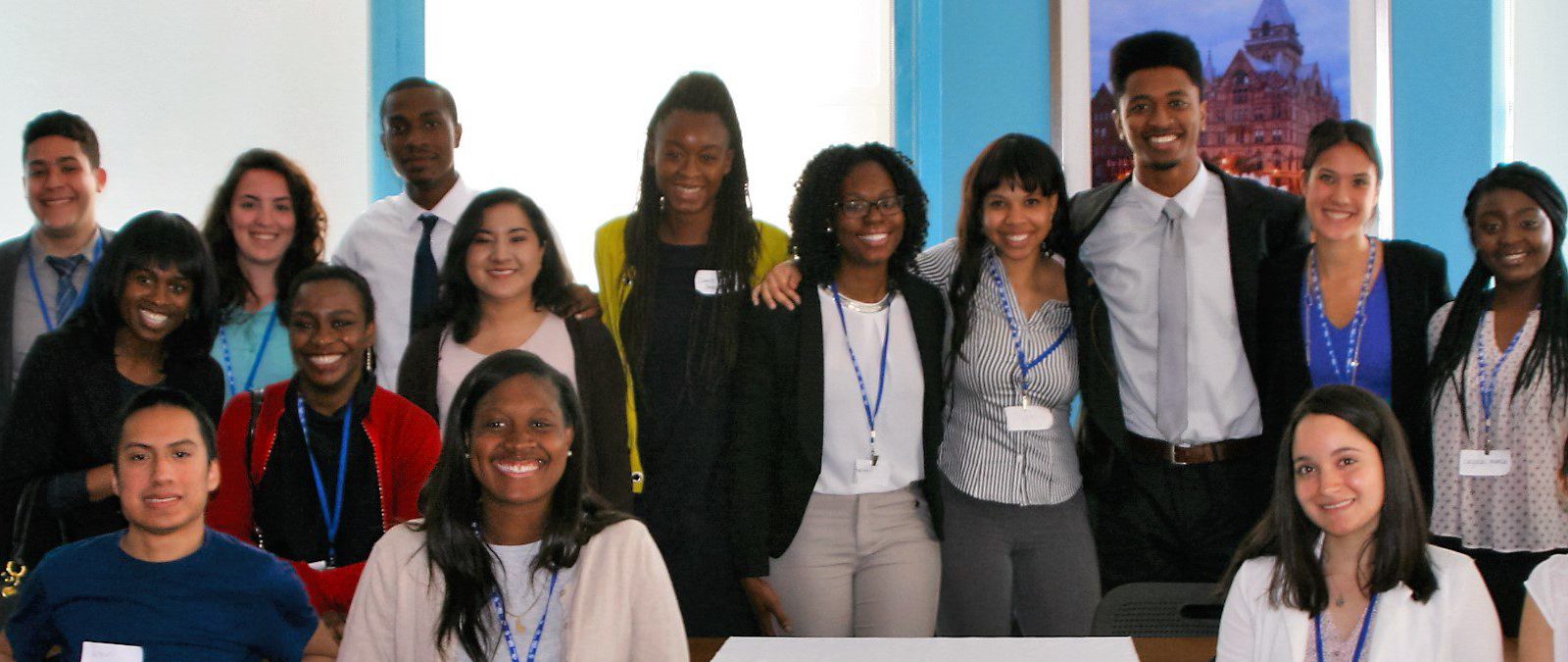
By Vanessa Flores, Director, and Jeff Oxendine, CEO, Health Career Connection
Building a diverse health leadership team is crucial for the success of any health organization. A diverse leadership team brings different perspectives, experiences, and ideas to the table, which can lead to better decision-making, improved patient outcomes, and increased employee satisfaction. The diversity of the health workforce across all levels is critical for expanding access to care and advancing health equity. While it’s clear many health leaders understand the strong connection between health equity and a workforce representative of the patient population with a range of lived experiences, many health organizations have also acknowledged that there is not enough focus on workforce diversity and health equity. According to estimates based on data from the American Hospital Association and ACHE, in 2019, 89 percent of all hospital CEOs were white (non-Hispanic or Latino). While there are efforts across the nation to address these issues, many organizations face barriers that keep them from seeing any progress. To ensure improved, consistent outcomes across all patient populations, health organizations need to expand the diversity of their leadership. Building a diverse health leadership requires commitment from the organization’s senior leaders and executing the following five strategies.
Build partnerships with community and health pathway programs
Existing pathway and community programs can take a great burden off organizations by sourcing committed, high-performing individuals from diverse backgrounds ready to begin or advance their health career journey. Pathway programs can help individuals from underrepresented groups overcome barriers and access opportunities they may not have otherwise had. These programs often provide resources, support, and mentorship to help participants navigate the healthcare industry and advance in their careers. Many typically offer training and development opportunities that help participants build the skills and competencies needed for leadership roles. Some pathway programs serving Northern California focusing on developing health leaders include Health Career Connection, The Summer Enrichment Program, and the CDC Lewis/Ferguson Internships and Fellowships. Partnering with and hiring from pathway programs and regional health workforce collaboratives allows employers access to qualified, diverse talent. Additionally, partnering with these collaboratives can have other potential benefits, such as access to funding to support the development of training programs and work-based learning opportunities. With these partnerships, everyone wins: Individuals from the communities benefit from increased job opportunities while employers reach their diversity goals.
Recruit from the community
Commonwealth Fund research suggests that race concordance between patients and providers is associated with positive outcomes such as higher levels of perceived patient satisfaction of care, quality of healthcare, and more trust in their provider. Growing leaders who come from the same community being served can have similar benefits. Those from the community often possess a deep understanding of the community’s culture, values, and needs, allowing them to empathize better with the community. This knowledge can be invaluable when serving diverse populations, enabling leaders to implement solutions that best fit the community being served. Hiring locally demonstrates a commitment to the community and fosters positive relationships. It shows that your organization values the local talent pool and is invested in the community’s growth and development. This engagement can lead to increased brand loyalty and support from the community and an increased sense of belonging from the employees.
Provide paid internship and fellowship opportunities
Internships and fellowships provide opportunities for individuals from underrepresented groups to gain the skills, knowledge, and experience needed to succeed in leadership roles. Internships and fellowships for undergraduate students, recent graduates, and post-graduate fellows can be a source of promising leadership talent. By welcoming interns and fellows into your organization, you are providing early exposure to their career field, allowing them to develop the practical experience, skills and knowledge necessary to succeed in their future careers and building their affinity with your organization. Knowing that your organization invested in them can position your organization as an employer of choice, even if they temporarily leave to complete graduate school or advanced training. While it may be possible to recruit interns and fellows who are not paid, you will almost certainly be lacking diversity in your pool. About 40% of students who wanted to participate in an internship but didn’t say they couldn’t because of the need to work a paid job, according to data from the National Survey of College Internships (NSCI). Diverse students from underrepresented and underserved communities likely face financial barriers to unpaid internships; they need a source of income while gaining this experiential training.
Provide mentorship and development opportunities
Another key to success is providing mentorship and development opportunities for employees from underrepresented groups. This can include formal mentorship programs, leadership development programs, networking opportunities, or simply pairing new employees/interns with a seasoned employee who can be their champion/preceptor, providing direction, mentorship, and opportunities for your employees to grow professionally and succeed in their current role and beyond. These internal mentors/preceptors should open doors to opportunities and people wherever possible. Create and promote a welcoming, inclusive work environment for these diverse team members where they are supported to learn, develop a sense of belonging, and contribute their strengths and perspectives to succeed. By investing in the development of diverse talent, organizations can help them reach their full potential and prepare them for leadership roles.
Support professional association participation, leadership development and continuing education for managers within your organization
To ensure your diverse workforce stays and grows with your organization, it’s important to provide access to continuing education and highlight your organization’s diverse leaders. Encouraging your employees and supporting them as they participate in professional associations can greatly benefit the employees and your organization. Professional associations offer a wealth of resources and networking opportunities. Encourage diverse team members to participate in professional development and leadership academies within the organization or other industry leadership programs such as the CHCF Health Care Leadership program. The California Association of Healthcare Leaders and ACHE also offer multiple communities within its membership, which ranges from emerging leaders pursuing educational degrees, to mid-level leaders, to executives mentoring others. Additionally, showcase successful leaders from diverse backgrounds within your organization. This will inspire and motivate diverse talent to pursue leadership roles themselves. Seeing individuals who look like them in leadership positions can help break down barriers and encourage individuals from underrepresented groups to aim higher in their careers.
In conclusion, building a diverse health leadership team requires partnerships, recruiting from the local community, internship and fellowship programs, mentorship opportunities and continuing education and development. By following these keys to success, healthcare organizations can build diverse leadership teams to drive innovation, improve patient care, and create a more inclusive and equitable healthcare system.
Health Career Connection is a CAHL Platinum Sponsor. For over 33 years, Health Career Connection (HCC) has helped health employers reach their workforce diversity goals. In addition to workforce diversity coaching and support, HCC manages a robust internship program with over 5,000 alumni. Partnering with HCC makes it easy to recruit and manage talented, diverse undergraduate students from communities underrepresented in healthcare — at the local and national levels. For more information, contact Jeff Oxendine at joxendine@healthcareers.org or watch our mission video here.


